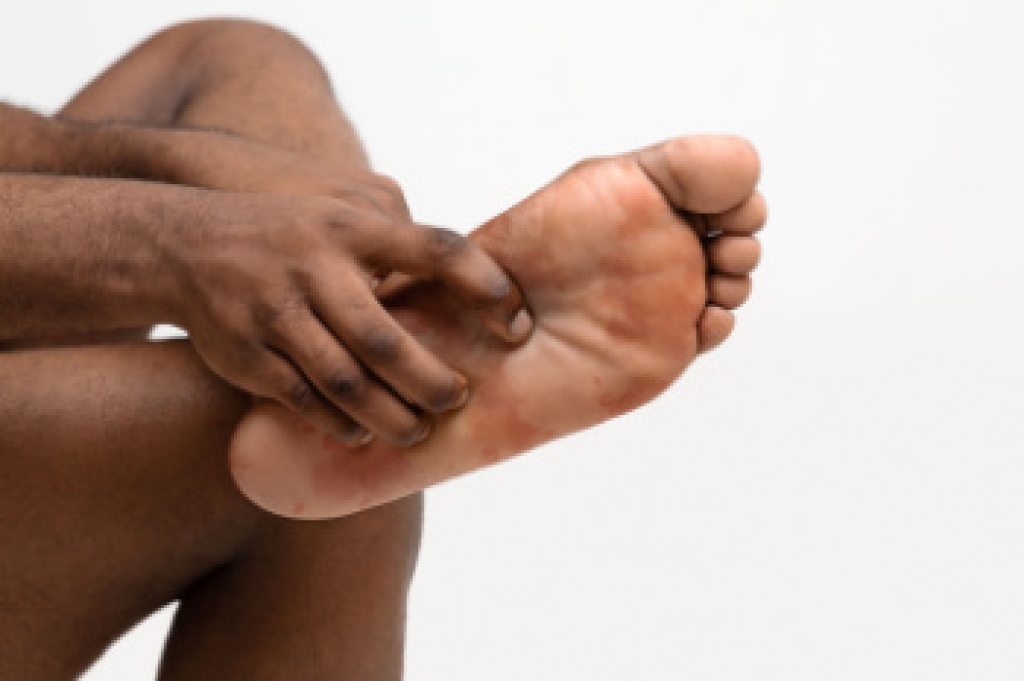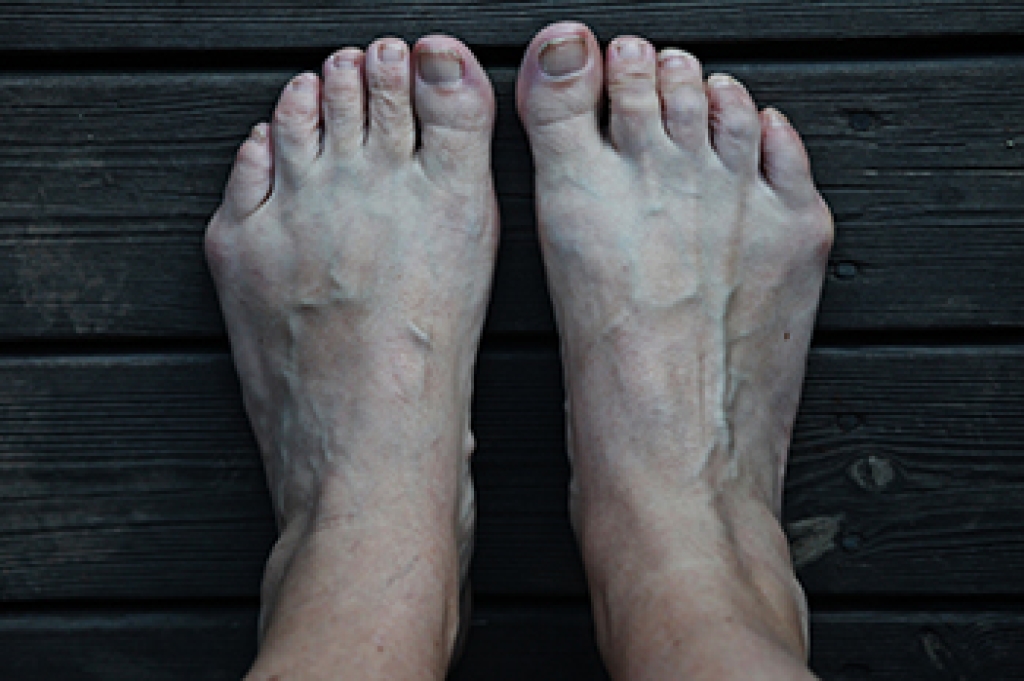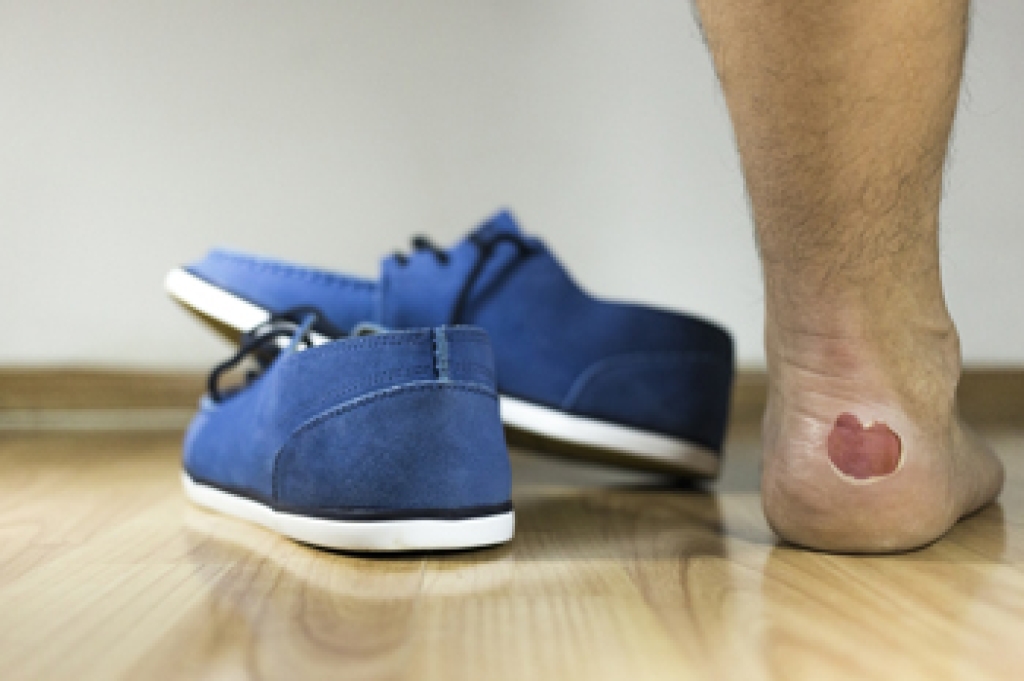
Plantar fasciitis, one of the most common causes of heel pain, often develops gradually. It occurs when the plantar fascia, a thick band of tissue along the bottom of the foot, becomes irritated or strained. Many people notice sharp pain near the heel, especially with the first steps in the morning or after sitting. The foot may look normal or slightly swollen, but it can feel tight after long periods of standing. Causes include overuse, unsupportive footwear, sudden increases in activity, or foot structure issues, such as high arches. A podiatrist can begin with a detailed exam and imaging to confirm the diagnosis. Treatment includes custom orthotics, shoe guidance, anti-inflammatory care, and targeted exercises to improve strength and flexibility. Early care can reduce chronic pain, restore mobility, and help prevent long-term foot problems. If you have plantar fasciitis, it is suggested that you make an appointment with a podiatrist.
Plantar fasciitis is a common foot condition that is often caused by a strain injury. If you are experiencing heel pain or symptoms of plantar fasciitis, contact one of our podiatrists from Crystal Lake Foot & Ankle Center. Our doctors can provide the care you need to keep you pain-free and on your feet.
What Is Plantar Fasciitis?
Plantar fasciitis is one of the most common causes of heel pain. The plantar fascia is a ligament that connects your heel to the front of your foot. When this ligament becomes inflamed, plantar fasciitis is the result. If you have plantar fasciitis you will have a stabbing pain that usually occurs with your first steps in the morning. As the day progresses and you walk around more, this pain will start to disappear, but it will return after long periods of standing or sitting.
What Causes Plantar Fasciitis?
- Excessive running
- Having high arches in your feet
- Other foot issues such as flat feet
- Pregnancy (due to the sudden weight gain)
- Being on your feet very often
There are some risk factors that may make you more likely to develop plantar fasciitis compared to others. The condition most commonly affects adults between the ages of 40 and 60. It also tends to affect people who are obese because the extra pounds result in extra stress being placed on the plantar fascia.
Prevention
- Take good care of your feet – Wear shoes that have good arch support and heel cushioning.
- Maintain a healthy weight
- If you are a runner, alternate running with other sports that won’t cause heel pain
There are a variety of treatment options available for plantar fasciitis along with the pain that accompanies it. Additionally, physical therapy is a very important component in the treatment process. It is important that you meet with your podiatrist to determine which treatment option is best for you.
If you have any questions, please feel free to contact our office located in Crystal Lake, IL . We offer the newest diagnostic and treatment technologies for all your foot care needs.




